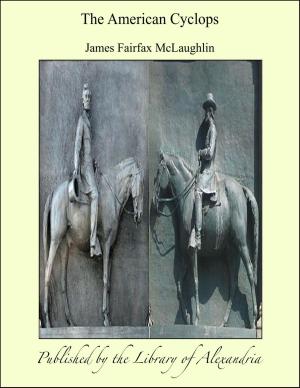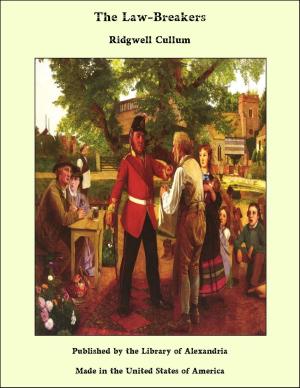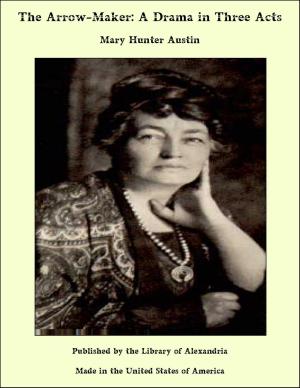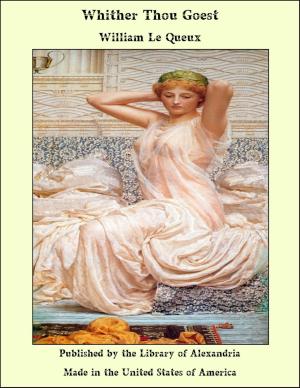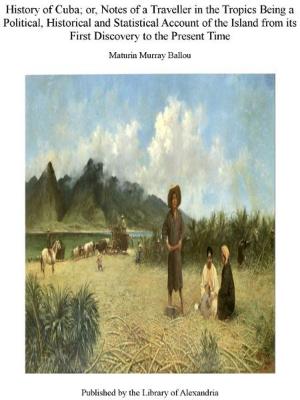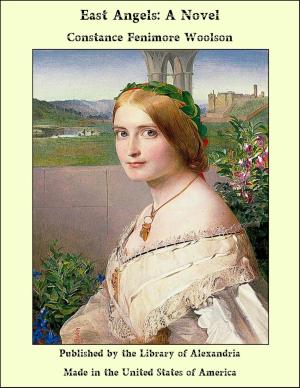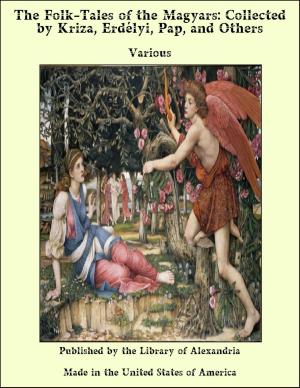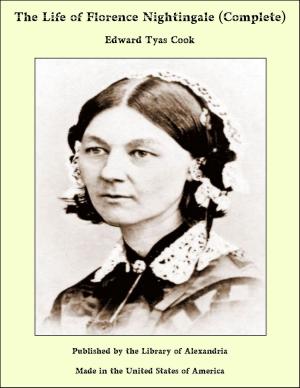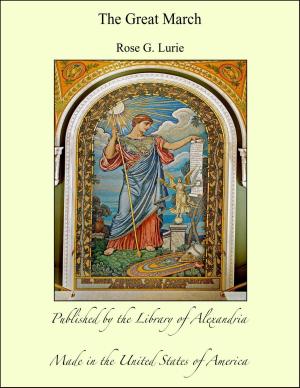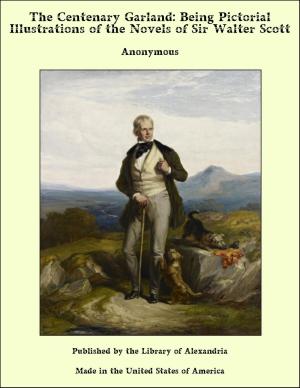Âmona: The Child and The Beast and Others From The Strange Adventure of James Shervinton and Other Stories
Nonfiction, Religion & Spirituality, New Age, History, Fiction & Literature| Author: | Louis Becke | ISBN: | 9781465551733 |
| Publisher: | Library of Alexandria | Publication: | March 8, 2015 |
| Imprint: | Language: | English |
| Author: | Louis Becke |
| ISBN: | 9781465551733 |
| Publisher: | Library of Alexandria |
| Publication: | March 8, 2015 |
| Imprint: | |
| Language: | English |
ÂMONA; THE CHILD; AND THE BEAST Âmona was, as his master so frequently told him—accentuating the remark with a blow or a kick—only "a miserable kanaka." Of his miserableness there was no doubt, for Denison, who lived in the same house as he did, was a daily witness of it—and his happiness. Also, he was a kanaka—a native of Niué, in the South Pacific; Savage Island it is called by the traders and is named on the charts, though its five thousand sturdy, brown-skinned inhabitants have been civilised, Christianised, and have lived fairly cleanly for the past thirty years. Âmona and Denison had the distinction of being employed by Armitage, one of the most unmitigated blackguards in the Pacific. He was a shipowner, planter, merchant, and speculator; was looked upon by a good many people as "not a bad sort of a fellow, you know—and the soul of hospitality." In addition, he was an incorrigible drunken bully, and broke his wife's heart within four years after she married him. Âmona was his cook. Denison was one of his supercargoes, and (when a long boat of drunkenness made him see weird visions of impossible creatures) manager of the business on shore, overseer, accountant, and Jack-of-all-trades. How he managed to stay on with such a brute I don't know. He certainly paid him well enough, but he (Denison) could have got another berth from other people in Samoa, Fiji, or Tonga had he wanted it. And, although Armitage was always painfully civil to Denison—who tried to keep his business from going to the dogs—the man hated him as much as he despised Âmona, and would have liked to have kicked him, as he would have liked to have kicked or strangled any one who knew the secret of his wife's death and his child's lameness. And three people in Samoa did know it—Âmona, the Niué cook, Dr. Eckhardt, and Denison. Armitage has been dead now these five-and-twenty years—died, as he deserved to die, alone and friendless in an Australian bush hospital out in the God-forsaken Never-Never country, and when Denison heard of his death, he looked at the gentle wife's dim, faded photograph, and wondered if the Beast saw her sweet, sad face in his dying moments. He trusted not; for in her eyes would have shown only the holy light of love and forgiveness—things which a man like Armitage could not have understood—even then. She had been married three years when she came with him to Samoa to live on Solo-Solo Plantation, in a great white-painted bungalow, standing amid a grove of breadfruit and coco-palms, and overlooking the sea to the north, east, and west; to the south was the dark green of the mountain-forest. "Oh! I think it is the fairest, sweetest picture in the world," she said to Denison the first time he met her. She was sitting on the verandah with her son in her lap, and as she spoke she pressed her lips to his soft little cheek and caressed the tiny hands. "So different from where I was born and lived all my life—on the doll, sun-baked plains of the Riverina—isn't it, my pet
ÂMONA; THE CHILD; AND THE BEAST Âmona was, as his master so frequently told him—accentuating the remark with a blow or a kick—only "a miserable kanaka." Of his miserableness there was no doubt, for Denison, who lived in the same house as he did, was a daily witness of it—and his happiness. Also, he was a kanaka—a native of Niué, in the South Pacific; Savage Island it is called by the traders and is named on the charts, though its five thousand sturdy, brown-skinned inhabitants have been civilised, Christianised, and have lived fairly cleanly for the past thirty years. Âmona and Denison had the distinction of being employed by Armitage, one of the most unmitigated blackguards in the Pacific. He was a shipowner, planter, merchant, and speculator; was looked upon by a good many people as "not a bad sort of a fellow, you know—and the soul of hospitality." In addition, he was an incorrigible drunken bully, and broke his wife's heart within four years after she married him. Âmona was his cook. Denison was one of his supercargoes, and (when a long boat of drunkenness made him see weird visions of impossible creatures) manager of the business on shore, overseer, accountant, and Jack-of-all-trades. How he managed to stay on with such a brute I don't know. He certainly paid him well enough, but he (Denison) could have got another berth from other people in Samoa, Fiji, or Tonga had he wanted it. And, although Armitage was always painfully civil to Denison—who tried to keep his business from going to the dogs—the man hated him as much as he despised Âmona, and would have liked to have kicked him, as he would have liked to have kicked or strangled any one who knew the secret of his wife's death and his child's lameness. And three people in Samoa did know it—Âmona, the Niué cook, Dr. Eckhardt, and Denison. Armitage has been dead now these five-and-twenty years—died, as he deserved to die, alone and friendless in an Australian bush hospital out in the God-forsaken Never-Never country, and when Denison heard of his death, he looked at the gentle wife's dim, faded photograph, and wondered if the Beast saw her sweet, sad face in his dying moments. He trusted not; for in her eyes would have shown only the holy light of love and forgiveness—things which a man like Armitage could not have understood—even then. She had been married three years when she came with him to Samoa to live on Solo-Solo Plantation, in a great white-painted bungalow, standing amid a grove of breadfruit and coco-palms, and overlooking the sea to the north, east, and west; to the south was the dark green of the mountain-forest. "Oh! I think it is the fairest, sweetest picture in the world," she said to Denison the first time he met her. She was sitting on the verandah with her son in her lap, and as she spoke she pressed her lips to his soft little cheek and caressed the tiny hands. "So different from where I was born and lived all my life—on the doll, sun-baked plains of the Riverina—isn't it, my pet


